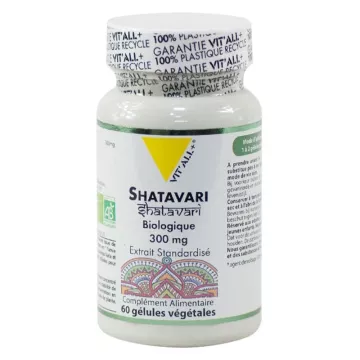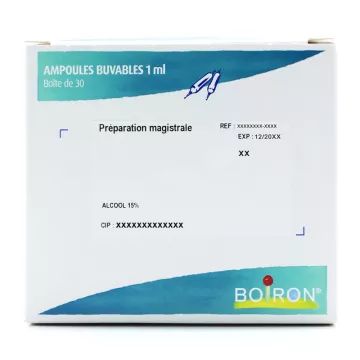

What is the female hormonal cycle and how does it work?
The female hormonal cycle is a natural process that occurs in women of childbearing age. This cycle is regulated by hormones such as estrogen and progesterone, and is divided into three main phases: the follicular phase, ovulation and the luteal phase. The average cycle lasts 28 days, but can vary from 21 to 35 days for different women.
What are the main hormones involved and what are their roles?
Key hormones in the female hormonal cycle include:
How can I identify the signs of ovulation?
Signs of ovulation can include changes in cervical mucus (which becomes lighter and more elastic), a slight rise in basal body temperature, and sometimes a slight pain or discomfort in the lower abdomen, known as mittelschmerz.
How can disorders of the female hormonal cycle affect general health?
Disorders such as polycystic ovary syndrome (PCOS), endometriosis and amenorrhea can affect the hormonal cycle and lead to complications such as infertility, pelvic pain and menstrual irregularities. A thorough understanding of these conditions and appropriate treatment are essential for the management of women's reproductive health.
What advice should you follow to maintain a regular, healthy hormonal cycle?
What is the significance of the premenstrual phase and what symptoms can be observed?
The premenstrual phase, also known as premenstrual syndrome (PMS), generally occurs in the days leading up to menstruation. This period can be marked by a variety of symptoms such as mood swings, cramps, swelling, headaches and breast tenderness. These symptoms are due to fluctuating estrogen and progesterone levels. Understanding and managing these symptoms can greatly improve quality of life during this phase.
What is the menopause and what impact does it have on the female hormonal cycle?
Menopause marks the end of a woman's reproductive capacity, and is characterized by the cessation of menstruation for at least 12 consecutive months. This transition is generally associated with a significant drop in estrogen and progesterone production. Common symptoms include hot flushes, sleep disturbances, vaginal dryness and mood swings. Understanding these changes can help manage symptoms and maintain good health during menopause.
Is it possible to get pregnant during menstruation?
Although the chances are low, it is technically possible to become pregnant during menstruation, especially in women with very short or irregular cycles. This is due to the possibility that an egg is released shortly after the end of menstruation, and that sperm survive in the female genital tract for up to five days. So it's crucial to understand your own cycle and use appropriate contraceptive methods if you want to avoid pregnancy.
How does stress affect the female hormonal cycle?
Stress can have a significant impact on the hormonal cycle, often causing irregularities such as delayed or advanced menstruation, or even anovulatory cycles (where no ovulation occurs). Stress affects the hypothalamic-pituitary-ovarian axis, responsible for regulating reproductive hormones. Managing stress effectively through relaxation techniques or behavioral interventions can help minimize these effects.
What medical examinations are recommended to monitor the health of the female hormonal cycle?
Women are advised to undergo regular examinations such as :